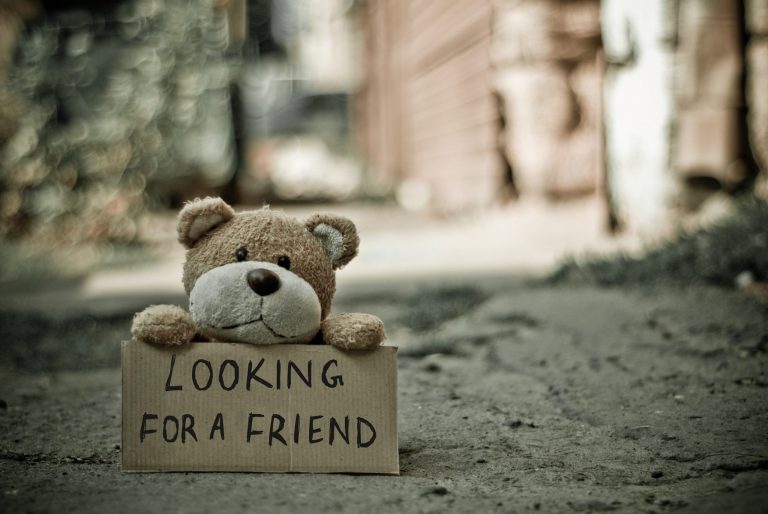Last week I shook someone’s hand for the first time since March. It felt terrific! I was stunned that a simple handshake could feel so damn good, but it did.
Most of us are touching people less these days and being touched less. We are social distancing, staying in our bubbles and generally being cautious when it comes to getting physically close to others. This means the physical human contact we all need may not be possible, especially for people who live alone.
The hug, the handshake, the touch on the arm — all touches we probably took for granted, are happening less often, and for some not at all. It’s great we can connect online, this is helpful, but it does not replace the physical human contact we need, some of us more than others.
I’ve gotten many virtual hugs over the last year, and I appreciate them. I like knowing someone is thinking about me, but they do not come close to the feeling I get from an actual hug.
This need for physical touch has been termed ‘skin hunger’. The physical touch we need is meaningful, caring touch from another person. It can reduce the amount of stress hormones (cortisol) we have in our bodies, and reduce feelings of sadness and depression.
As the holidays approach many of us will not be gathering in the same ways we usually do with family and friends. Some of us will not be getting the physical touch that often comes with these gatherings — touch we may not even realize we need.
As winter approaches with less sunshine and less opportunity to be outdoors, many people may become increasingly sad, lonely and skin hungry. Many people were skin hungry before the pandemic isolated them further.
Two populations who had been suffering from skin hunger long before the pandemic arrived are the ageing population, and people who are incarcerated. Those incarcerated may not have a caring touch for years at a time, and ageing adults may be living alone with few visitors, or visitors who do not touch them in non-medical caring ways.
I remember visiting my grandmother. She was always sitting in her rocking chair holding either a stuffed animal or pillow on her lap. If you have never done this you should try — it’s quite comforting. It does not replace human touch, but it is something. Even better than a stuffed animal is a real animal. Pets can be a way to relieve some of the skin hunger we are feeling. They are often warm and soft and may even hug back!
As our world becomes increasingly touch-free and virtual, I think it’s important to recognize what we may be missing. Physical human touch is meaningful and necessary. It brings warmth, joy and happiness.
This holiday season think about who you know who may be skin hungry and send them a holiday greeting letting them know you are available for hugs once the pandemic is over.
Stacey Jacobs is a local sex educator and advocate.

